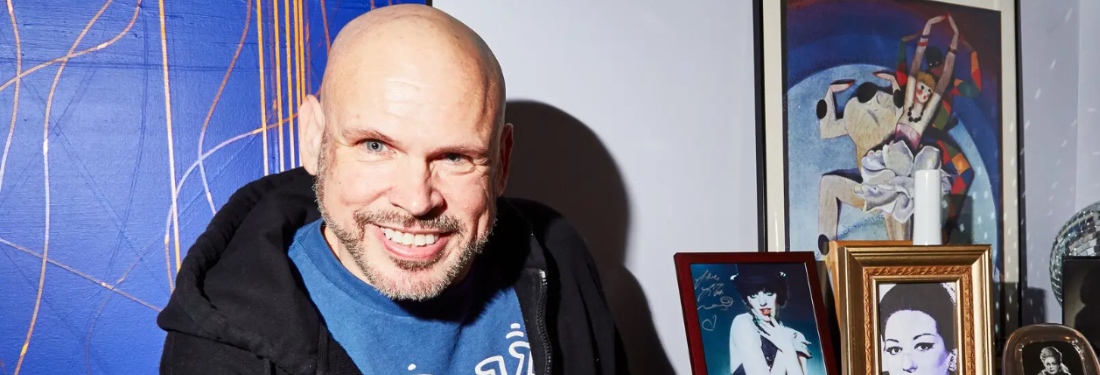
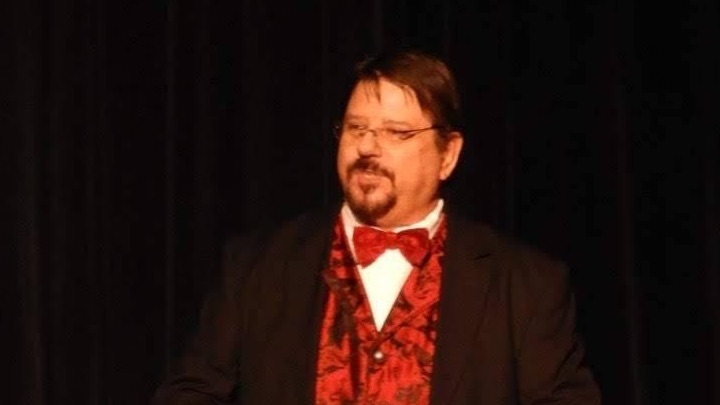
But flights were twizzled on me, so I’d got tickets for the next day’s performance. (Alternate cast.) I staggered off the plane. A mad cab driver got me home by 5:30. The bed looked more than inviting—but I knew the curtain would rise at 7. And honestly, where on earth would I want to be that night but at Dinorah? No place else is where. I hopped the subway and ran to Riverside Theater.
With moments to spare, a genial, bewhiskered fellow in a crimson brocade vest ordered the box office to find me a seat. He was Nathan Hull, the director—the heart and soul—of Amore Opera, a fellow of infinite jest, exquisite taste, surpassing charm and vast enthusiasm for all sorts of musical theater. Nathan died very suddenly, last Sunday night, to the shock and grief of everyone who had ever worked with him.
Not only did Nathan share my passion for obscure, forgotten operas like Dinorah or Poliuto or Le due Figaro, he was a great lover of Gilbert & Sullivan, a veteran of several of the local Savoyard companies, and he often produced the operettas cast with children just developing their stage chops.
Children are often not exposed to live theater; they only know the screen. People have to experience how much more wonderful, immediate live performance is—with all its possible mishaps that somehow, magically, come together. Just attending performances may do it—if they get the chance. But most do not. Actually performing roles, learning lines, communicating with an audience by singing and acting, making friends by sharing the risks of the stage is a special sort of excitement. Bringing children to opera was one of Nathan’s missions.
To describe him, I think we can fall back on a Gilbert & Sullivan song he loved, from The Grand Duke:
Oh, the man who can rule a theatrical crew,
Each member a genius (and some of them two),
Can govern and rule, with a wave of his fin,
All Europe – with Ireland thrown in!
The singer is a theater manager who hopes to become a monarch—don’t they all? Impresarios, to be any good at it, must possess many skills (retailed in the song). They must have a practical vision, a grasp of the possible, yet a quixotic belief that the impossible can be also be accomplished if necessary. They need the know-how, or else the charm to bring in those with complementary skills.
They have to understand theatricality as well as they love it (if they don’t love it, why would they bother to do it?), and they should love music and musicians. Musicians are often not so easy to love as music is. Nathan could coax and wheedle and explore, suggesting talents his performers might not yet have understood themselves, giving everyone an opportunity to shine, prodding forward those who doubted their own talent.
Dinorah, with two brilliant singing roles, a comic tenor and many small but significant solos, is a case in point. Originally, Nathan had hoped to stage Meyerbeer’s other comedy, L’Etoile du Nord (unheard in New York since 1876), but the orchestral parts proved impossible to obtain. So he turned to Dinorah, last presented here in 1925, but in its day an international hit in a dozen languages.
The problem with Dinorah, aside from its length (Meyerbeer did not know the meaning of “brief”) and the difficulty of the title role (not a problem, New York is full of fine coloraturas and Amore had excellent prima donnas for alternate casts), is the goat. Dinorah not only goes mad, she wanders the woods searching for her pet goat. Real goats in this opera have been known to misbehave (Nathan loved to tell the story of the opera’s 1859 world premiere), and ballerinas may seem flouncy and affected. This is where Hull’s ingenuity showed its stuff: he had many trained, stage-loving children on call, and four of them played the goat in the four performances. They all leaped into the ravine on cue at the climax of Act II.
This matter having been dealt with, singers, chorus, orchestra, sets (a boulder against which to perform the Shadow Song with clever spotlights), presented a tuneful, beautifully orchestrated, unexpectedly worthwhile score.
The excellences of Dinorah should not have surprised us—if a piece was a hit in the past, not for one town or two or three seasons, but around the world for two or three generations, you can be pretty sure it will delight audiences today, if you can find a way to lure them in. All you need to do is hire decent singers and musicians, give them enough rehearsal time (but no one does that), and stage it with imagination.
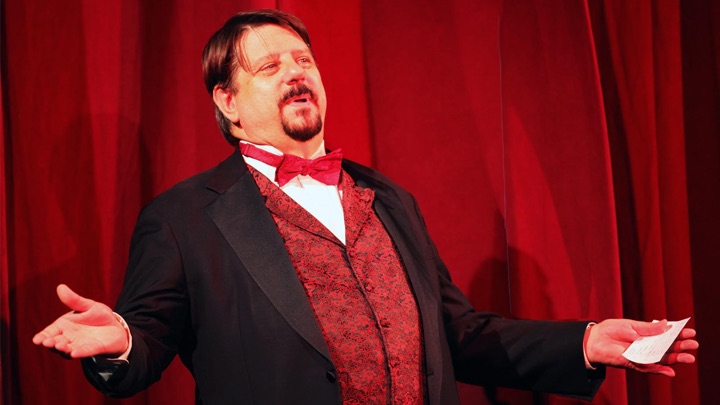
His apprenticeship as an impresario came while working with Amato Opera. That company had the benefit of a townhouse on the Bowery. In the old days, Amato was ambitious: I saw Verdi’s Oberto and Battaglia di Legnano there, and Gomes’s Fosca and the Riccis’ Crispino e la Comare. But in its last years, the repertory grew tired and familiar: singers wanted to learn Cavalleria Rusticana and Rigoletto and Tosca to prepare for professional careers. A board member phoned and begged me to review them; I told them I could hear those operas at the Met.
But when Amato retired (and his opera house was knocked down), and gave his blessing, and all his sets, and costumes to Nathan’s Opera Amore, a new enthusiasm for oddities came to birth. Besides Ballo in Maschera and Carmen and Fledermaus, Opera Amore presented Mercadante’s I due Figaro (recently discovered in the Madrid archives), Donizetti’s Poliuto and La Zingara, and Peter von Winter’s Das Labyrinth, a silly sequel to The Magic Flute written by Mozart’s librettist, Schikaneder (the first Papageno in both operas). Nathan’s handy kids’ chorus, garbed in motley and armed with bows and arrows, played Papageno’s wary brothers and sisters.
“I loved Due Figaro,” Nathan told me. “I still hum the tunes!” The Mercadante comedy has developed legs; it was taken up by the Manhattan School of Music a year ago, but frankly their staging was not as good as Nathan’s. In a farce, a bedroom has to have obvious closets and diverse doorways.
New York’s little opera companies are in dire straits just now—like every other musical or theatrical organization in town, and most of them around the world. Little opera is always a skin-of-your-teeth proposition—two or three of New York’s most admired little opera groups have fallen apart recently, when visionary artistic directors turned the finances over (with much relief) to a shady or incompetent crony.
Nathan Hull had charm for his backers—he genuinely liked people; you could feel it—and he had also taken degrees in math. He was a professor of computer science at NYU. Professing was his hobby when not directing opera. Those skills kept Amore going if they could not make it flush.
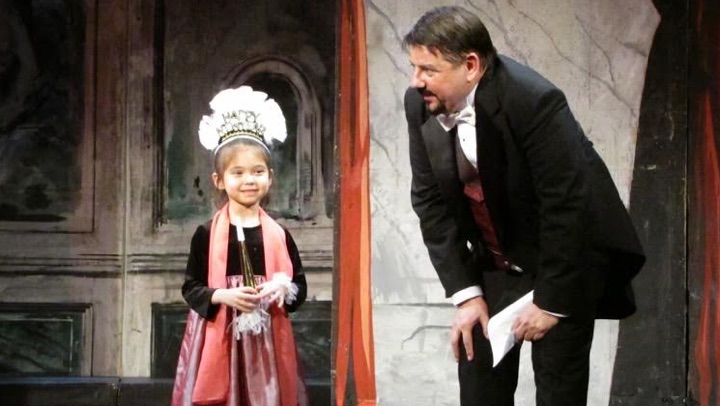
The company was founded by William Remmers, who claims to owe his involvement with opera to meeting Nathan Hull at a G&S society. An aspirant filmmaker, he eventually went to NYU to study computer programming with Nathan. “Do I remember much of what I learned? No, I was too busy laughing at Nathan’s one-liners. Then one day he said, ‘I’m starting up an opera company, rising from the ashes of Amato Opera….’ Remmers did walk-ons, covered roles, set up scenery, conducted off-stage choruses, whatever use Nathan had for him.
“What Nathan sparked in me lit a fire so strong that I just had to start making my own side-project. I have Nathan to thank for the existence of Utopia Opera. I have Nathan to thank for the fact that I even associate with opera in the first place.” Utopia performs an intriguing repertory—fully staged, orchestra of eighteen!—in a recital hall at Hunter College. They did a fine Martha recently, and a first-rate Ballad of Baby Doe.
It occurred to me, as I glanced back at Nathan Hull’s—Amore’s—exceptional track record in unusual repertory, that I’ve been going to New York’s—what shall we call them?—sidelong? Out-of-the-way? Unmainstream? Semi-professional? Independently impoverished?—opera companies for fifty years now.
There are always a few ad hoc-eries, but few companies that linger long, the way Regina and Bronx Opera have done. And I’m not talking about concert opera organizations with big-deal singers and big-deal donors—that’s a whole other conversation covering an even longer period of time with, perhaps, more glamour—certainly more pirate recordings, for which you may check back here on Trove Thursdays.
Bel Canto Opera was the first such company I went to with any regularity. The company was founded by the late Theodore Sieh, the Chinese-born pastor of the Madison Avenue Baptist Church who had studied voice with Tito Schipa. He’d got the opera bug—like me and Nathan Hull, he loved unusual repertory—and he had a large back room, two pianos and two tall cardboard Grecian columns that turned up as the set of almost anything.
I saw my first Lucrezia Borgia there—you know a small opera company is serious if they produce Lucrezia, a melodious foray without a love story but many over-the-top dramatic moments for (as usual with Donizetti) four big vocal roles. The Lucrezia was the company’s prima donna, a charming blonde coloratura named Mary Lynne Bird. The lady had a small, clear, true voice, elegant ornaments and was a fine actress. She was my first Philine (in Mignon), Giuditta (Lehar), Manon Lescaut (Auber), Elvire (La Muette de Portici) and La jolie fille de Perth.
It was at Bel Canto that I first heard Jenufa, in English with two pianos—this thrilling drama knocked me out, as it always does, in whatever language. They were also the site of my first Medea, Il Pirata (the soprano a gutsy Verismo-styled lady named Marie Traficante, and she sang the piss out of it), Le Comte Ory (the countertenor singing Isolier did enjoy the scene where he gropes the Countess while the Count gropes him), an excellent account of Robert Ward’s The Crucible, Marchetti’s bel canto Ruy Blas, a shatteringly bad Les Huguenots, despite Mary Lynne’s excellent Marguerite—you can’t do Meyerbeer with just one star; you need four or five—and a winsome Le Jongleur de Notre-Dame.
One year, the theme was Eastern Europe—Halka, Bank Ban and Weber’s Oberon, all in English, were presented. For Oberon, they used the entire original 1828 book. You have to be impressed by anyone nowadays who dares declaim a line like, “Come to my aid, O womanly wiles! He who can resist me must be more—or less—than man!” The other staged Oberon I have seen, also in English but heavily edited, was set in Outer Space.
There was a fellow—don’t recall his name—who sold librettos at the Met but longed to present French opera. He got hold of a school classroom for very simplistic stagings of Thomas’ Hamlet, Gounod’s La reine de Saba, Massenet’s Sapho—the last two starred a tall, stylish soprano named Calliope Cafeggi. I wish I’d invented that name because I’d love to use it in a novel.
For Verdi’s Giovanna d’Arco, Donizetti’s Il furioso d’isola di San Domingo and Cavalli’s L’Erasmena, I had to traipse to BAM, still under reconstruction, not yet a destination for the chic. Furioso starred the late Stephen Dickson, later a Met Papageno. L’Erasmena, my first Cavalli opera, starred Carmen Balthrop, Judith Malafronte and Jeffrey Gall—a memorable evening because up to that point, 1980 or so, I had never heard a countertenor voice that sounded other than freakish. Gall’s voice was beautiful, masculine and dramatic! A new world was coming to baroque music. The next year or two, I heard Drew Minter as Gluck’s Orfeo and Handel’s Daniel (in Belshazzar), and knew the happy change was here to stay.
As Dorothy Parker would say, “After that, I always get them all mixed up.” (I have a little list.) Too late I realized that one performance would never be enough for an unknown opera—at Opera Amore, I always went two or three times. La Zingara, for example—dopey plot (a Neapolitan dialect character had to be featured because, in 1827, the local buffo had a huge following), undistinguished arias, but the concertati!
This early Donizetti work is famous for a septet that student Bellini admired for the way the plot evolved within the musical interaction. There’s a sextet for three couples, one of them not in love—and the composer skillfully keeps the messages separate while the tunes entwine. There’s a trio for three low-voiced gentlemen on the fringe of the action (covering a scene change) that is a delight.
Meanwhile, around town, we getl visits from D.C.’s Opera Lafayette with their far-ranging French tastes; Heartbeat Opera, which did a marvelous Der Freischütz last year; Dell’Arte Opera Ensemble, which stages Salieri and Caccini operas at La Mama in the East Village; On Site Opera, which gave Marcos Portugal’s version of The Marriage of Figaro in the West Village; The Little Opera Theater, which produced the New York premiere of Britten’s Owen Wingrave.
In short, Nathan Hull was an operatic Quixote (his build aside), a Quixote who did not go it alone but inspired bands of optimists, giving proper employment to the many worthy New Yorkers mad enough to study voice and pleasure rare elsewhere to those of us thrilled to take it in.
All these companies are going through hard times—all theatrical companies are going through harder than usual times—but I have faith, born of long experience, that the tiny ambitious ones will sprout anew as soon as the theaters are open to audiences once more. They won’t be Nathan Hull’s Amore, because nothing ever will. But they’ll come out singing.
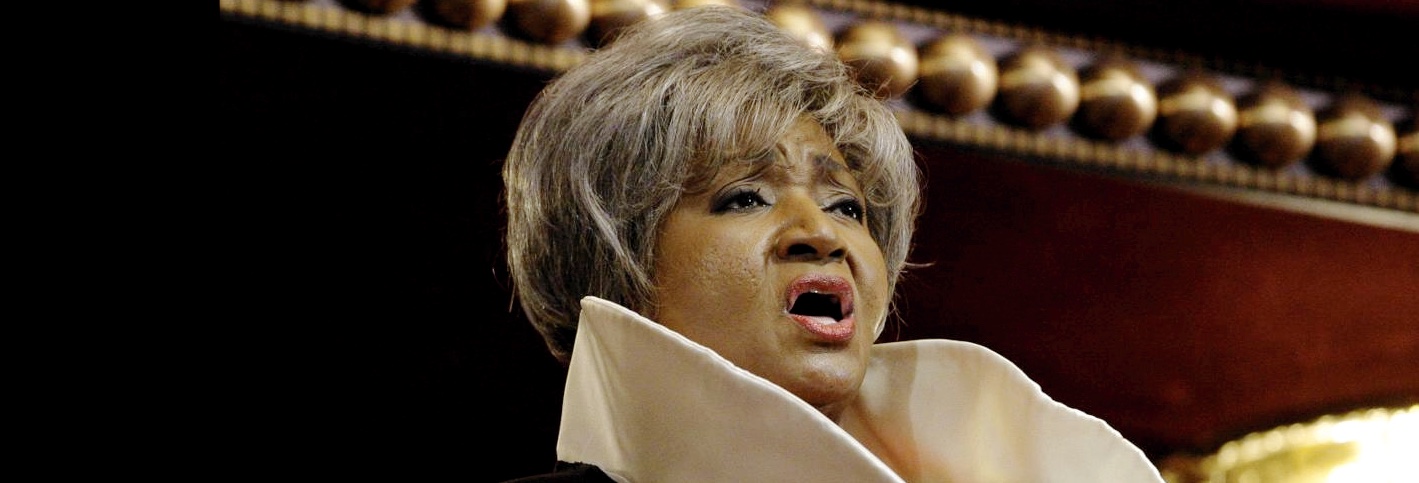
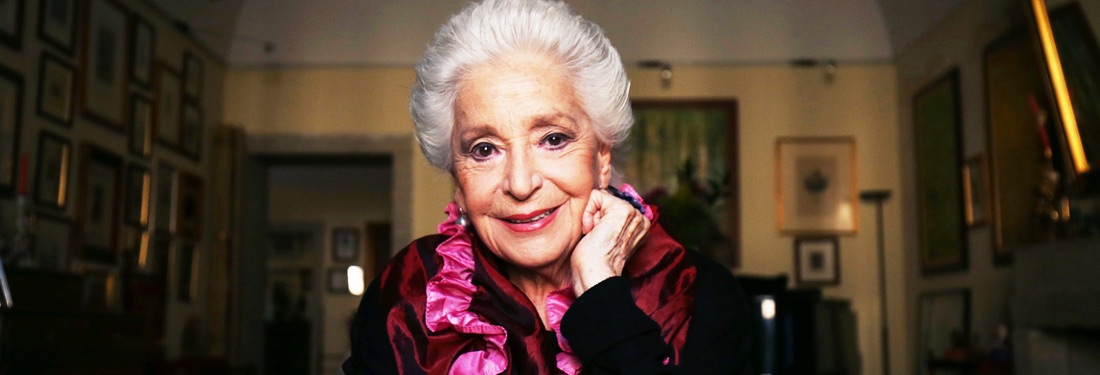
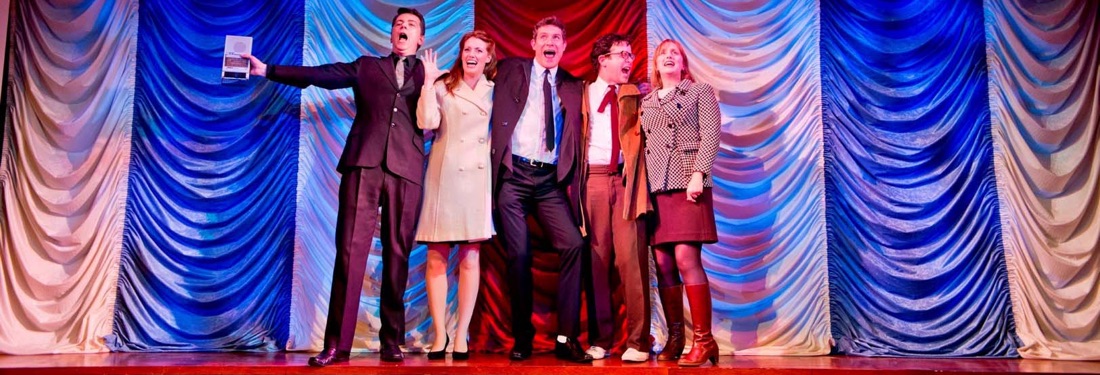
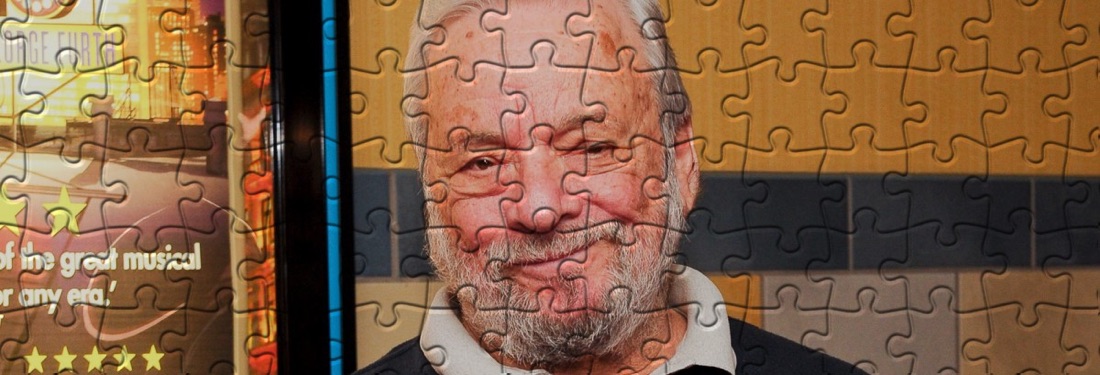
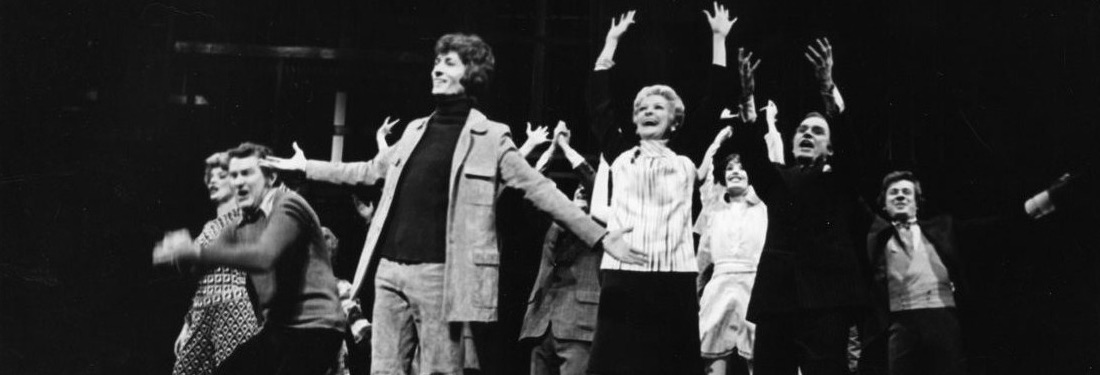
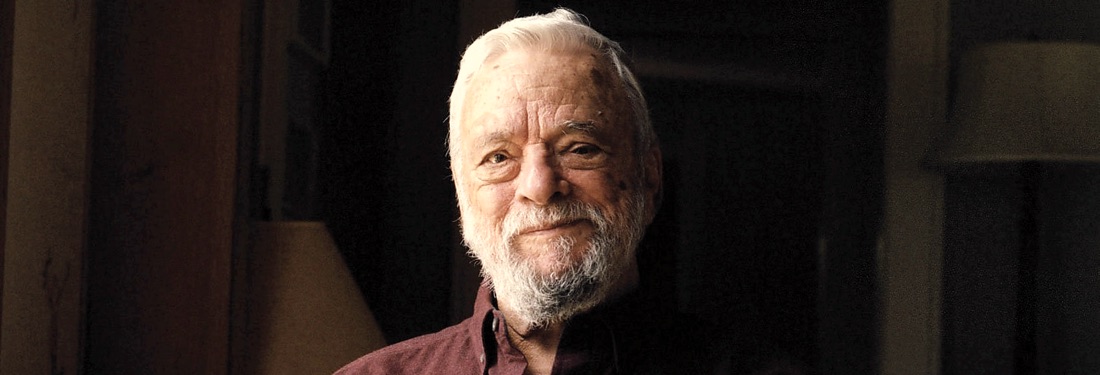
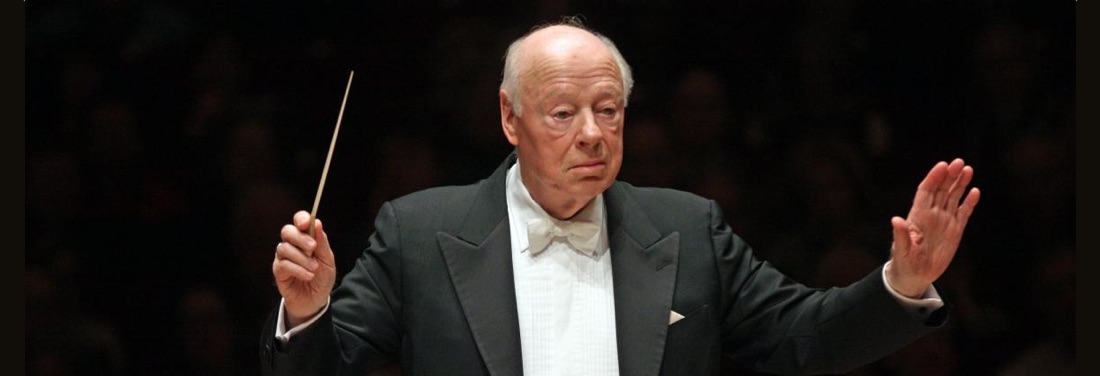
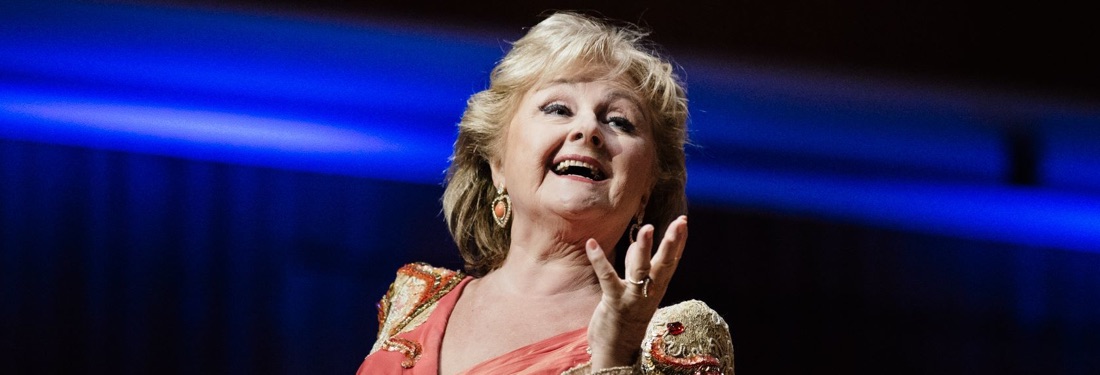
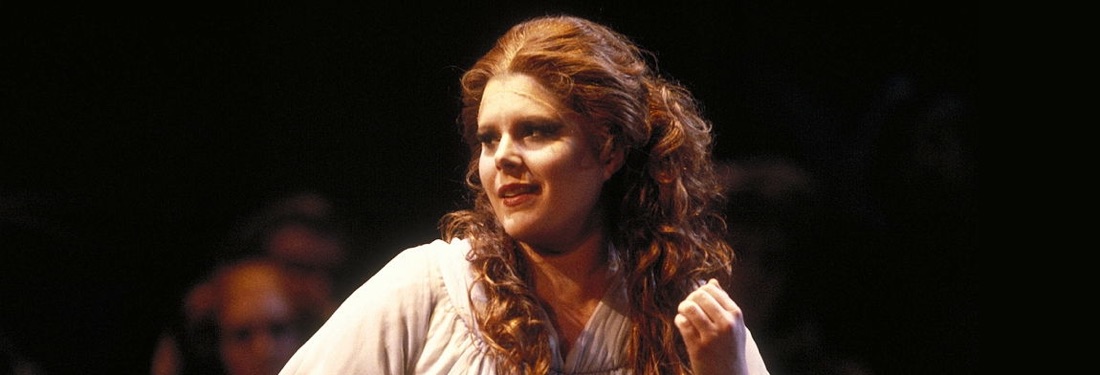

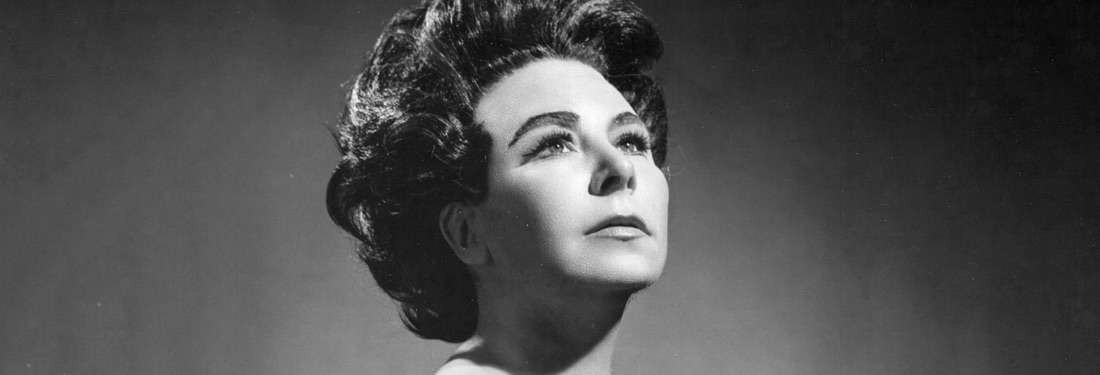

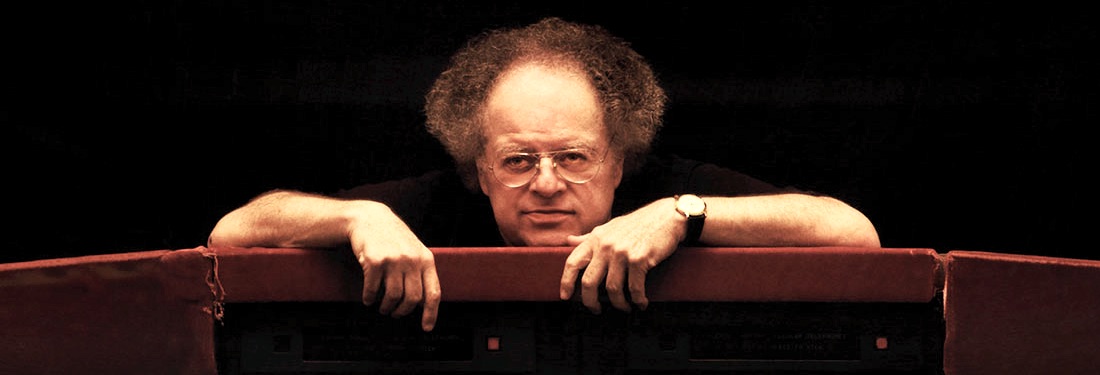
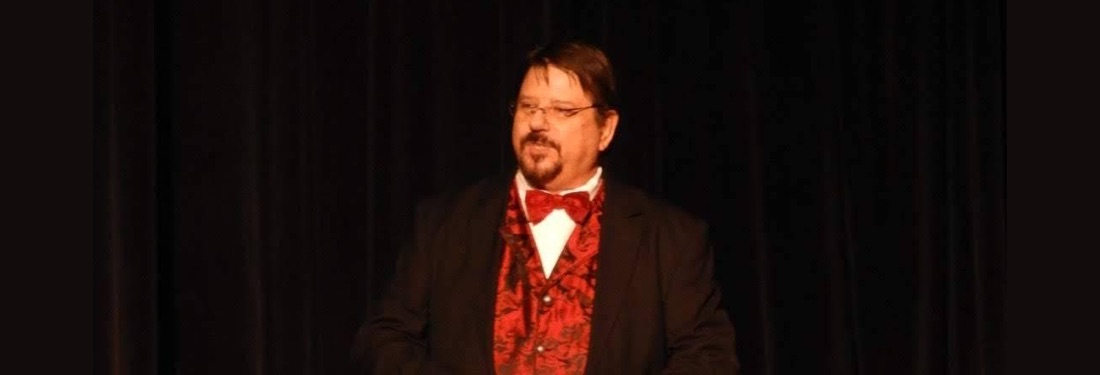






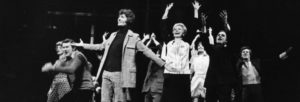




Comments